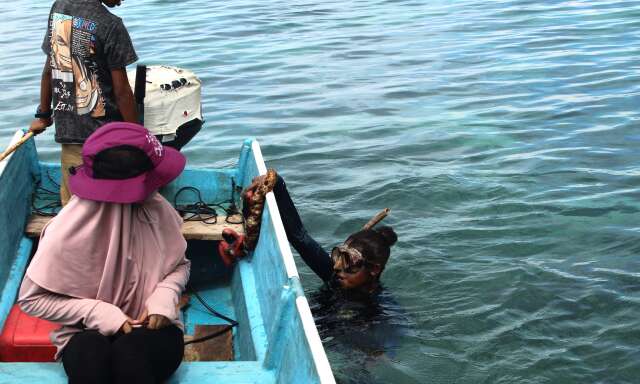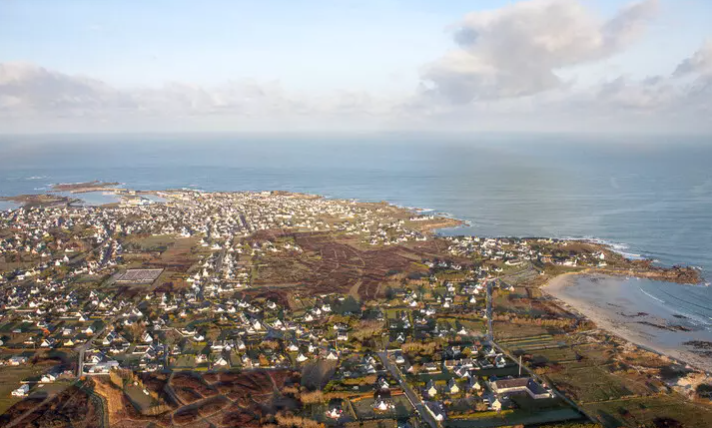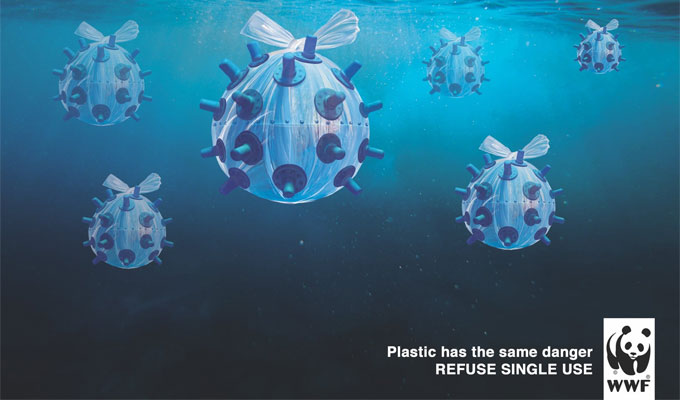On one of the islands of the Raja Ampat archipelago in Indonesian Papua, women learned to freedive to fish by hand. The Indonesian magazine “Kompas” reports how they are helping to restore an environment ravaged by decades of dynamite fishing and other destructive practices.
It’s only 9 a.m., but the mamas of Kapatcol village, on the island of Misool, in the Raja Ampat archipelago, in South-West Papua, are already “feasting” at sea , this Monday, March 25. They harvest sea cucumbers, lolas [Rochia nilotica, gastropod mollusks] lobsters and lagas [Turbo marmoratus, commonly nicknamed “turban snails”] in the sasi area managed by the Waifuna women’s group.
Waifuna means “divine blessing” in matbat, the local language. As for sasi, it is a tradition commonly found in Papua and the Moluccas. It regulates access to the capture of marine life and limits the use of fishing gear in certain areas and at certain times. Although the rules are not written, locals believe that bad luck will come to them if they break them.
Barely a minute after diving, Yolanda Olivia Kacili, 23, comes to the surface. In her right hand, she holds a milky white sea cucumber larger than her arm. After placing the sea cucumber in the boat, it returns to the molo, that is to say at the bottom of the water. Like most other women, she only wears swimming goggles. Only a few mamas are equipped with snorkels and fins. The use of compressed air bottles is not permitted.
While the other mamas continue to dive, Yolanda resurfaces. This time, his hands hold several red-breasted sea cucumbers and lolas. Thanks to the clarity of the water, its movements are clearly visible from the surface.
“There are lots of sea cucumbers and lolas down there. Looks like the harvest from the opening of the sasi this year is going to be plentiful,” she says, taking a breath before diving in again.




